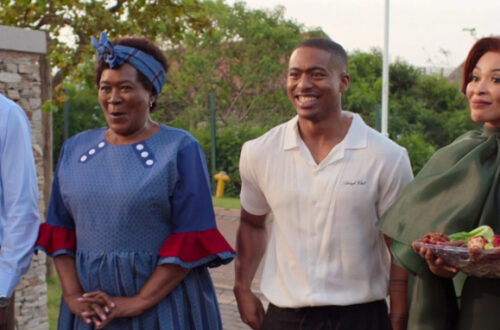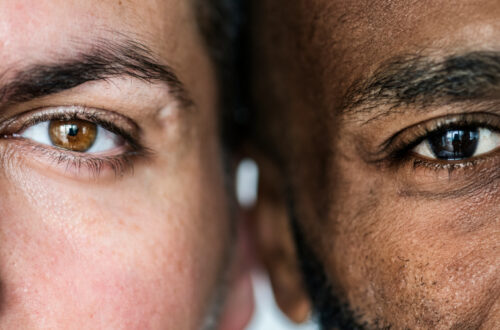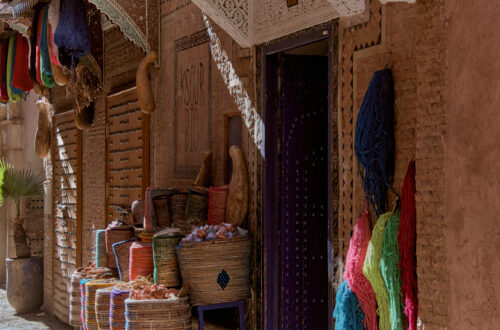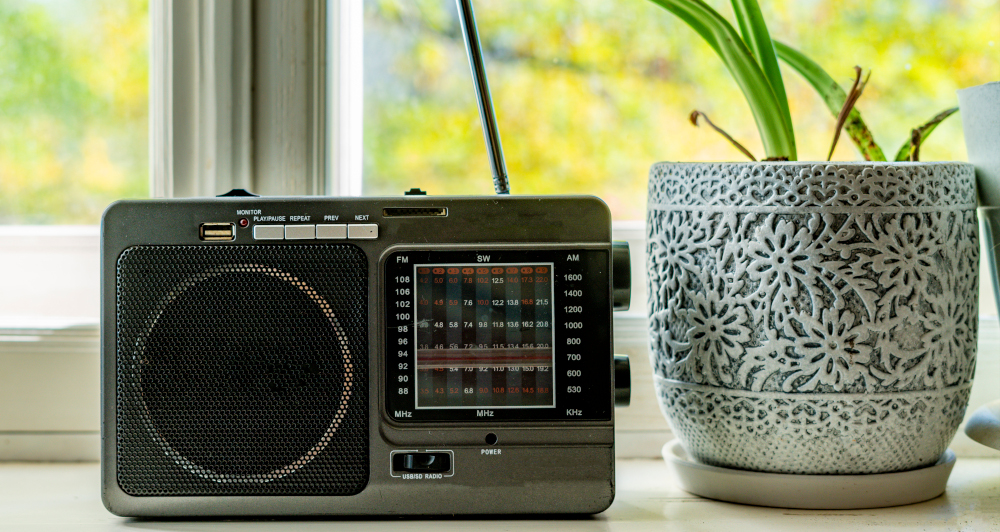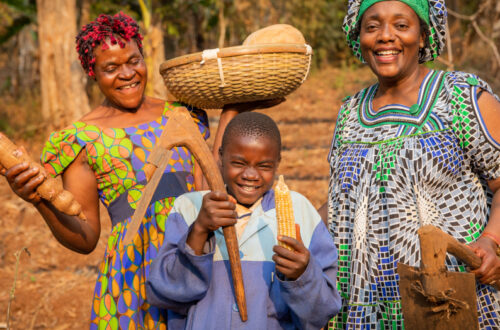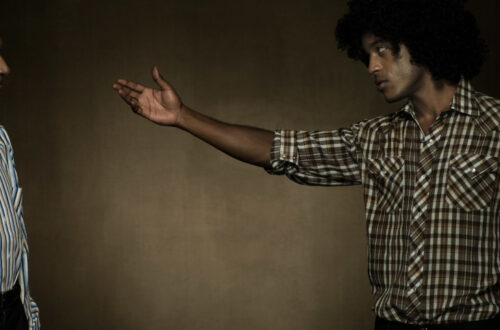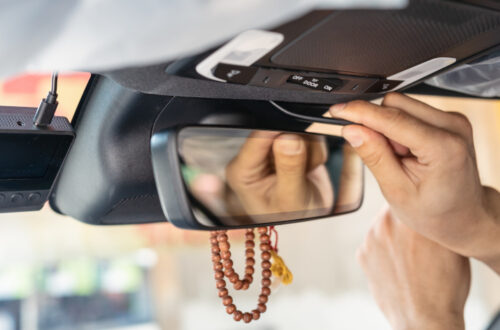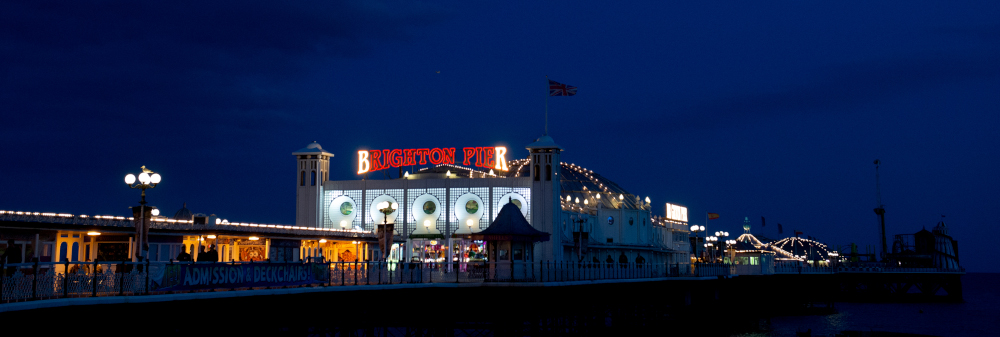News
-
The Whisper Networks, How South Africans Share Life-Changing Information Offline
Across South Africa, in both its sprawling townships and its quieter suburban fringes, there’s an invisible system at work that no app or social media feed can quite replicate. It doesn’t have a logo. It doesn’t have a helpline. It isn’t written down anywhere. But it exists, threading through barbershops, taxi ranks, church steps, school parking lots. It’s what some call the whisper network, ordinary people quietly passing along life-changing information from hand to hand, word to word, without ever needing to post a status or forward a link. The world talks often about how digital everything has become, how jobs, news, and advice all live online now. But there…
-
Inside South Africa’s Underground TikTok Economy
It usually starts with a ringtone. A chime. A low battery warning. Somewhere in a back room in Diepsloot, a single mother props her phone against a sugar jar and records herself lip-syncing to Brenda Fassie. A taxi marshal in Tembisa, between shouting destinations, drops a quick monologue into his front-facing camera. A teen in Umlazi borrows his cousin’s phone, adds a filter, and hits upload. They won’t say it out loud, but they’re betting on the algorithm. This is South Africa’s unofficial TikTok economy, a place where virality is the new lottery, where every view is a vote, and every like might translate into something a little closer to…
-
The Bread You Don’t Buy, Cashier Lines, Eye Contact, and the Art of Pretending It’s Fine
There’s a science to standing in a supermarket when you don’t intend to buy. You enter with purpose, not because you have any, but because walking slowly or looking hesitant invites the wrong kind of attention, from staff, from security, from other people who, like you, are here for reasons that stretch far beyond groceries. You walk in with a list that exists only in your mind. A mental loop of items you once bought easily, items you’ll pretend to compare now, letting your fingers skim barcodes and your eyes rest on price tags like someone choosing, when really, you already know how the story ends. Shoprite is full by…
-
When the Signal Fades, South Africa’s Forgotten FM Radio Culture
There’s a quiet sound at the edge of South Africa’s airwaves, static. That crisp, crackling absence. It used to mean the space between two community radio stations. Now, in too many towns and villages, it’s all that’s left. Not long ago, FM radio wasn’t just background noise in South Africa. It was the heartbeat of rural provinces and townships alike. Before streaming, before smartphones, and certainly before unlimited data bundles, it was the voice in the kitchen while bread toasted, the late-night companion on long taxi rides, the glue holding together local gossip, music, politics, and prayer. Across the Free State, the Eastern Cape, KwaZulu-Natal, and Limpopo, community radio stations…
-
Google Maps and the Roads We Refuse to Forget
There’s a strange intimacy to the “Saved” section on Google Maps. It’s where you’ll find the quiet footprints of lives half-lived, childhood homes you haven’t visited in decades, restaurants that no longer exist, petrol stations in small towns that meant everything once. Most South Africans don’t talk about it, but we’re building personal cartographies of memory every time we drop a pin. These aren’t travel plans. They’re reminders. Reminders of the places we were whole, the streets where something broke, or the one-bedroom flat where the most chaotic chapter of our lives unfolded. Everyone has them. A marked location named “Don’t go here again.” A pin labeled “2007,” dropped next…
-
Salt, Skin, Silence, The Private Lives of Swimmers in Public Pools
The gates open just after seven, even when no one’s queuing. A man in overalls sweeps the paving before the first splash, dragging a wet broom in wide arcs like he’s clearing more than dirt. The pool lies flat and still, holding the early morning light on its surface, a silent promise of escape. It looks the same in every suburb, township, or holiday town. The rectangular blue. The white paint chipping at the edges. The chipped tiles. The silence that holds just before the water’s surface breaks. You come to a public pool for the water, but you stay for what it doesn’t ask of you. No need to…
-
What Happens to Abandoned Gambling Hubs?
Drive through the quiet backstreets of Johannesburg’s southern suburbs, or past the edges of Durban’s outer townships, and you’ll spot them, low, squat buildings with boarded windows, faded signs reading “Lucky Star Slots” or “Jackpot Palace.” They’re relics now, abandoned gambling hubs once packed with life and lights. Inside, if you’re brave enough to push past a rusted gate or kick through dust-blown leaves, the air is heavy with stillness. The smell of old smoke and lost time. Rows of EBT machines, Electronic Bingo Terminals, still standing like silent sentinels, screens black, coins rusting in forgotten trays. It’s easy to assume these places just shuttered quietly when the economy dipped…
-
When the Bet Is on Yourself
In South Africa’s quieter corners, behind the bright lights of casinos and the sharp click of online betting platforms, there’s a lesser-seen story playing out. It’s not about losing everything. It’s not about the last spin of the wheel that sends someone home empty-handed. It’s about what happens when someone wins, and chooses not to buy a car, not to take a trip, but instead to build something that lasts longer than a lucky night. These are the underground entrepreneurs. South Africans who have taken gambling winnings, whether from the Lotto, slot machines, sports bets, or informal betting circles, and used them as seed money to start real businesses. Quietly.…
-
How South Africans Navigate the Line Between Authentic and Imitation
In a city like Johannesburg, the line between what’s real and what’s not isn’t always clearly drawn. Walk through a market in the CBD, and you’ll find rows of sneakers, perfumes, clothing, and smartphones that look identical to their branded counterparts but come at a fraction of the price. Across South Africa, navigating the space between authentic and imitation has become part of daily life. For many, choosing between the two isn’t about chasing status or image, it’s a matter of practicality, balancing cost with appearance. In smaller towns and cities alike, markets and informal traders offer everything from Grade A smartphones to replica designer shoes. The choice is there…
-
Rali Mampeule, From Humble Beginnings to Real Estate Mogul and Philanthropist
Born on December 22, 1979, in Mokwasele village, Modjadji, South Africa, Rali Mampeule’s journey from humble beginnings to becoming a prominent figure in real estate is both inspiring and instructive. Starting as a street hawker selling boerewors rolls while pursuing a Bachelor of Commerce degree through UNISA, Mampeule’s entrepreneurial spirit led him to the real estate sector. In 2001, he began his career as an assistant real estate agent at Chas Everitt International Property Group in Bryanston, Johannesburg. By 2004, he acquired a Chas Everitt franchise in Midrand, becoming the first Black real estate top executive in South African history. Mampeule’s commitment to education saw him completing an Advanced Management…

